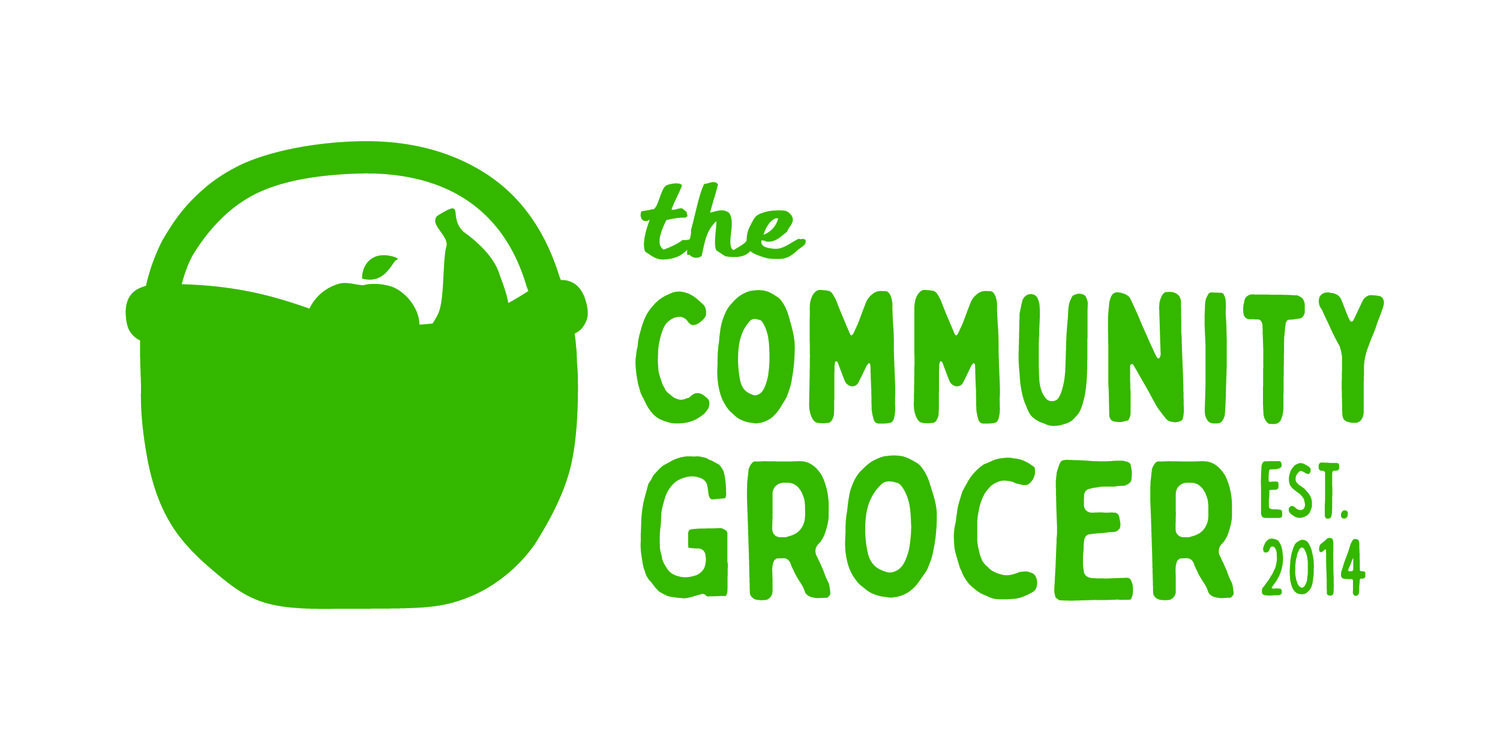Our Vision
Healthy Connected Communities
Food Insecurity
Food security, as defined by the Food and Agricultural Organization, is "when all people, at all times, have physical, social and economic access to sufficient, safe and nutritious food, which meets their dietary needs and food preferences for an active and healthy life".
Food insecurity is classified into two categories; with and without hunger. Food insecurity with hunger occurs when a person has run out of food in the previous 12 months and could not afford to buy more. Food insecurity without hunger occurs when a person has worried about running out of food in the previous 12 months. People experiencing this type of food insecurity typically employ a range of tactics to avoid running out of food, such as relying on low-cost food, bargain-hunting, skipping meals, and reducing portion size.
Food Insecurity in Victoria
Impacts
Food insecurity is a complex social problem, with people often experiencing multiple physical, economic and social barriers to fresh food access. While the cost of fresh food is the most significant factor, other considerations such as time, mobility, mental health, cultural appropriateness and food literacy also play a role.
Food insecure households typically consume little fruit and vegetables, are at increased risks for diet-related diseases, and have higher rates of obesity and poor physical and mental health. It is well understood that low level consumption of fruit and vegetables has both social and health implications, affecting physical and emotional well-being. Yet healthy food is often more expensive and less accessible than energy dense and nutrient poor foods (junk food).
Food Dignity
Inherently, food security refers to the ability to regularly access healthy, affordable and culturally appropriate food without the use of emergency food relief. Only a fraction of people experiencing food insecurity access emergency food relief. Many people feel ashamed to access relief services and those who do often find the food inappropriate for their diet, lacking in quality, and of little nutritional value.
" The Community Grocer is all about food for healthy connected communities. We want a food system that is fair, healthy, equitable and sustainable. The Community Grocer moves beyond traditional welfare models of food access and utilises market settings to address seemingly intractable problems".
Russell Shields, Founder
Our Approach
We address the physical, economic, and social barriers to fresh food access.
Access: Holding weekly markets in local, convenient locations.
Affordability: Our prices are 30% cheaper than surrounding fresh food outlets.
Cultural appropriateness: Stocking produce that is requested by our customers.
Social Inclusion: Markets provide a community space to meet and make friends.
